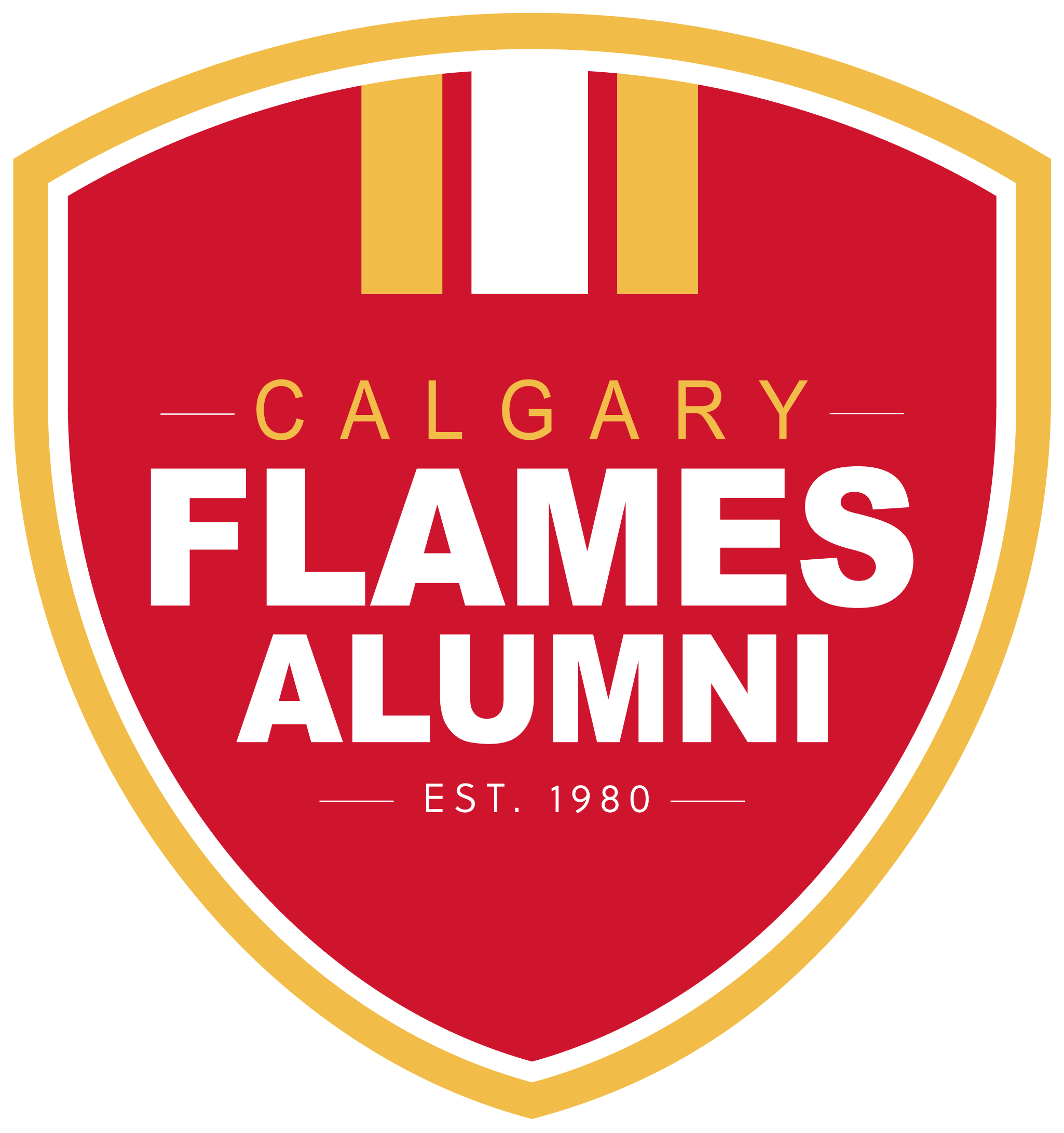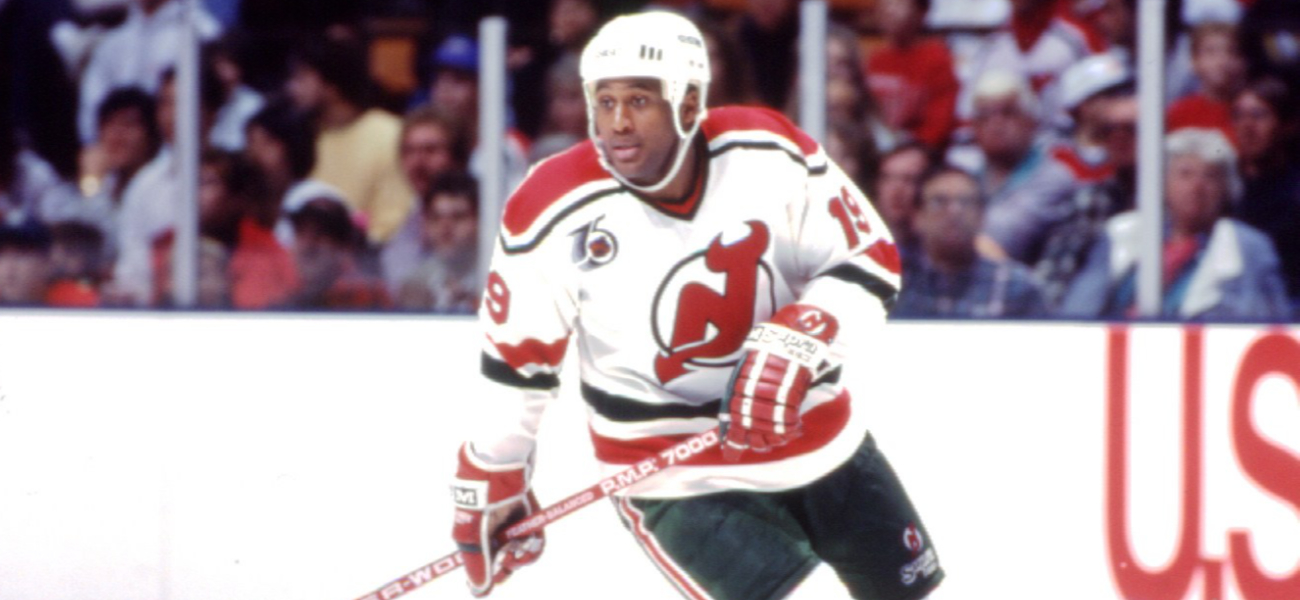Over the course of two decades living and working inside the hockey cocoon, Claude Vilgrain had seen, as so many in that highly-specialized line of work do, his share of differing lands.
Laval, Que. Moncton, NB. Calgary, Alta. Vancouver, B.C. Utica, NY. East Rutherford, NJ. Cincinnati, Ohio. Milwaukee, WI. Hershey and Philadelphia, PA.
Followed by spells further afield, overseas in Herisau, Biel and Bern, Switzerland, as well as Frankfurt and Schwenningen, Germany.
But where he found himself in the fall of 1999 – the familiarity of practices, games, group schedule and structure suddenly, snap!, gone …
Now this was a land that felt entirely new, utterly, bewilderingly foreign to him.
“I was,” is the frank admission, “in no man’s land.”
Recently retired following a lifelong pro hockey career back in ’99, sifting through the Calgary newspapers for job opportunities in an effort to reinvent his professional self, all the 36-year-old could find were advertising oil-patch positions.
“I said to myself: ‘Oh, my god …’ I didn’t realize everything was so connected to the oil patch,” admits the Port Au Prince-born right winger. “I was looking for marketing jobs but they were looking for engineers and stuff like that.
“I’m from Quebec City but I played for Team Canada here, met my wife here – although she’s from B.C. – so my plan was to retire here.
“During the summers while I was playing in Europe the last four years I took classes to finish my degree in business management. When I retired, I took more classes because I didn’t know really what I could do.
“I’d been a hockey player all my life.”
In the wake of a 100-game NHL turn as a part of both the Canucks and Flyers organizations, supplemented by his European sojourn, Vilgrain had made emotional peace with the game.
“There are guys who retire who still have the game in their system and don’t know what to do,” he says. “Other guys know exactly what direction they’re going in when they’re finished.
“I was kinda in-between. I was ready to work in something else. I was OK with that. I wanted to go into sales, to control my life. I didn’t want to go into a 9-to-5 job.”
Personal factors also played a part in the decision.
“Both my parents and my wife’s parents were having their 40th wedding anniversaries that year and my wife organized a trip to Mexico for everybody, all the family,” he explains. “Just before the playoffs (in Germany) my mother-in-law suffered an aneurysm and a stroke. She spent the summer in the hospital. My father-in-law would go and stay with her from 5 to 12 o’clock in the morning and my wife would go for the rest of the day.
“Everything just stopped. I was in another space. I was taking care of my two girls and trying to go to school and get my sales certificate.
“My mother-in-law almost died. With all that … I needed to stay home for my family. And I was 37, too.
“So that was that.
“It was a hard summer.”
Through national team roomie Gord Sherven, the freshly-retired, now-at-loose-ends Vilgrain contacted Jim Peplinski, president of the Flames’ Alumni at the time. The two men had played together in the 1988 Calgary Winter Olympics.
On Vilgrain’s behalf, the long-time Flames’ co-captain reached out to the NHLPA.
“I finally got a call from the PA and they were starting a pilot program called Life After Hockey, a career-transition program, so I would’ve been one of eight guys across the country involved,” recalls Vilgrain. “I thought that was perfect.
“I’d get up every morning, put my suit on and go downtown. I had an office, my laptop, doing all kinds of workshops, working on my resume, calling on industries to learn more about them.
“All kinds of things to help me in the transition.
“In 2001, I had the chance to go into an oil-service company and then, bang, 9/11 happened. So nobody was doing anything.”
Back to Square One.
By chance, Vilgrain was, out of the blue, put in touch with a representative of a company looking for someone to work the southern Alberta area selling playgrounds.
“My first reaction, I’ve got to admit, was: ‘Playgrounds?!'”
An hour chat with the rep, though, explaining the ins and outs of the industry, tweaked his interest.
“So he sent me the catalogues and I was overwhelmed. I had to learn the AutoCAD, I was taking on projects already in progress and was getting s—- left and right because my former agent had made a mess of things and I didn’t know what the architects were talking about.
“I was still in feet, and they’re talking in metres and cubic metres … And, ugh!’
Persevering, Vilgrain enjoyed a nearly-decade-long association with the company.
“It was a perfect transition, I was on my own in southern Alberta, trying to figure things out. Then we had the recession in 2014 and that’s when I decided to go out on my own.”
He’s stayed in touch with hockey by skating with the Flames’ alumni once a week at the Saddledome, coaching at the midget AAA level (something he loves), doing some local scouting as well as running clinics alongside old Team Canada compatriots.
“These,” he says, “are great ways to stay involved without the grind of travelling and practicing, the yelling.”
Professionally these days, Vilgrain runs his own company, VilMac – the final two letters of the company name representing daughters Ashley and Cassandra – Systems, a creative outdoor spaces company dealing in surfaces, fitness circuits, bike racks and, well, you name it.
“I’m kind of a distributor,” he explains. “Anything to do with any kind of parks, spray parks, skateboard parks – could be benches, picnic tables, all the good stuff.
“I work out of the house, have all Canadian suppliers, some installers. We went through the recession and now COVID but I still try to manage.”

